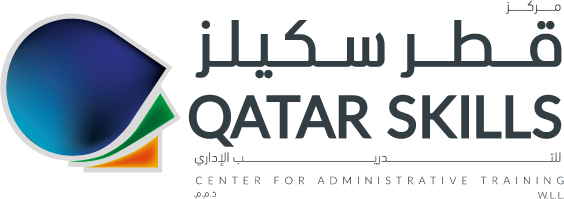array (
'course-city' =>
array (
0 => 48,
177 => 90,
226 => 77,
336 => 106,
371 => 107,
445 => 72,
486 => 108,
528 => 109,
551 => 110,
582 => 111,
604 => 71,
639 => 112,
673 => 78,
708 => 113,
798 => 70,
818 => 114,
875 => 115,
877 => 127,
910 => 116,
1054 => 117,
1226 => 118,
1324 => 91,
1402 => 119,
1492 => 120,
),
'course-language' =>
array (
0 => 49,
706 => 126,
),
'types' =>
array (
0 => 81,
),
'course-category' =>
array (
0 => 67,
127 => 64,
128 => 65,
129 => 58,
130 => 59,
131 => 66,
132 => 125,
133 => 60,
134 => 61,
135 => 123,
136 => 46,
137 => 51,
138 => 62,
139 => 85,
140 => 83,
141 => 76,
144 => 99,
145 => 57,
146 => 63,
149 => 97,
152 => 98,
157 => 124,
158 => 103,
159 => 104,
160 => 105,
161 => 55,
162 => 75,
163 => 53,
164 => 56,
172 => 100,
174 => 101,
178 => 122,
191 => 121,
240 => 102,
),
'course-type' =>
array (
0 => 73,
),
)The Essentials of Business Etiquette and Protocol Virtual
Course Overview:
First impressions are often made within seven seconds of a meeting and are difficult, if not impossible, to change. Among other things, this course helps you leave a great first impression. It also addresses how to deal with others in a business setting taking into account differences in culture and region. Since business is often conducted over lunch or dinner, dining skills can also impact someone’s opinion of you as a potential business partner.
During the three days of this course you will also get tips on how to apply proper manners and business etiquette in many different settings. In addition, many diplomatic ‘incidents’ occur due to the personnel’s lack of understanding of various protocol standards. Therefore, a portion of the course is dedicated to introducing the international rules of protocol that need to be implemented during formal occasions and visits.
COURSE OBJECTIVES:
By the end of the course, participants will be able to:
- Explain how to behave correctly in both business and social situations
- Describe how to interact and communicate effectively with different types of guests
- Demonstrate appropriate personal and professional conduct
- Plan VIP visits and formal occasions while executing the role of the ideal host
- Apply proper communication etiquette
- Implement different variations in protocol and etiquette from different cultures, nations and regions
Course Outline:
Module (01) Principles of business etiquette and protocol
- Definitions and concepts
- Guiding principle
- Importance of etiquette in business
- Importance of protocol in business
- The importance of manners
- Creating the right corporate image
- Six basic principles
Module (02) Achieving communication success
- Communication levels and definitions
- The four principles of communication
- Elements of the communication process
- Communication delivery aspects
- Barriers to effective communication
- Overcoming communication barriers
- Communicating across cultures
- Managing perceptions and biases
- Communication key qualities
- Listening etiquette
Module (03) Personal and professional conduct
- Universal expectations for behavior
- Etiquette for formal occasions
- Handling difficult personalities
- Four choices for dealing with various behaviors
- International business etiquette
- Customs and cultures
- Best practices
Module (04) Planning and hosting VIP occasions
- Preparation for official visits
- Protocol at events and summits
- Key qualities of the ideal host
- Seating strategies
- Risk and contingency planning
- Mistakes to avoid
- Meeting at airports
Module (05) Proper communication etiquette
- Phone etiquette
- Meeting etiquette
- Email etiquette
- Titles and forms of address
- Exchanging gifts
Module (06) Variations in protocol and etiquette
- Administrative protocol
- Flags, anthems and logos
- Awkward situations and solutions
- Panoramic view of variations



